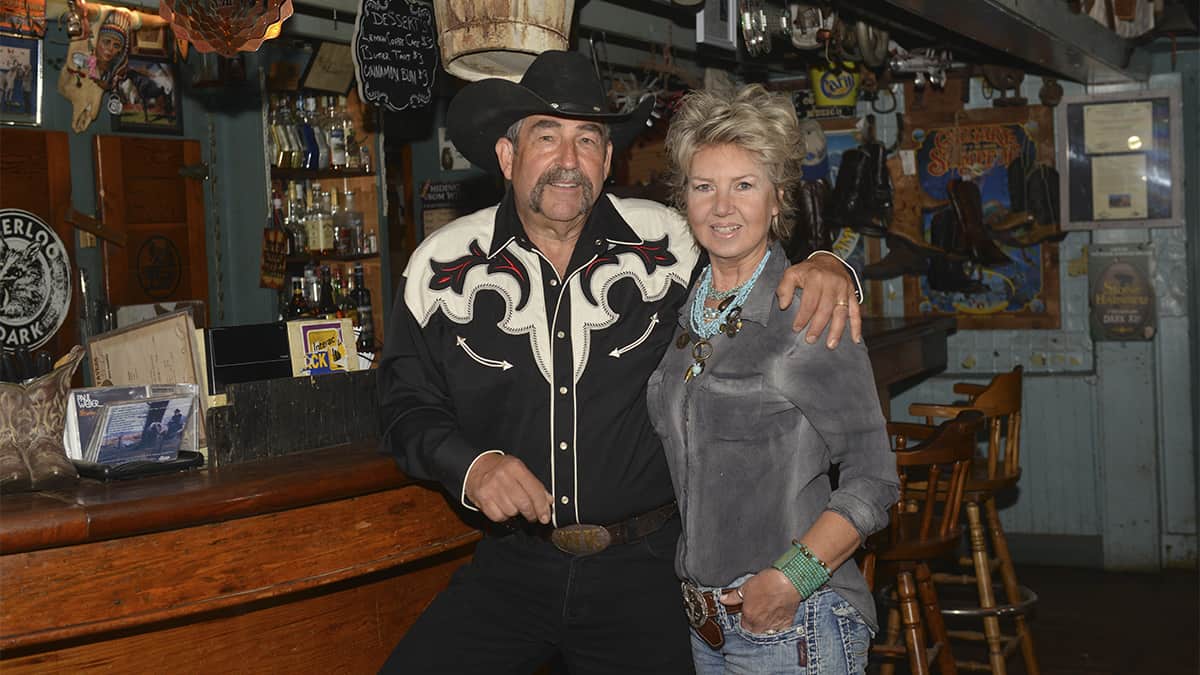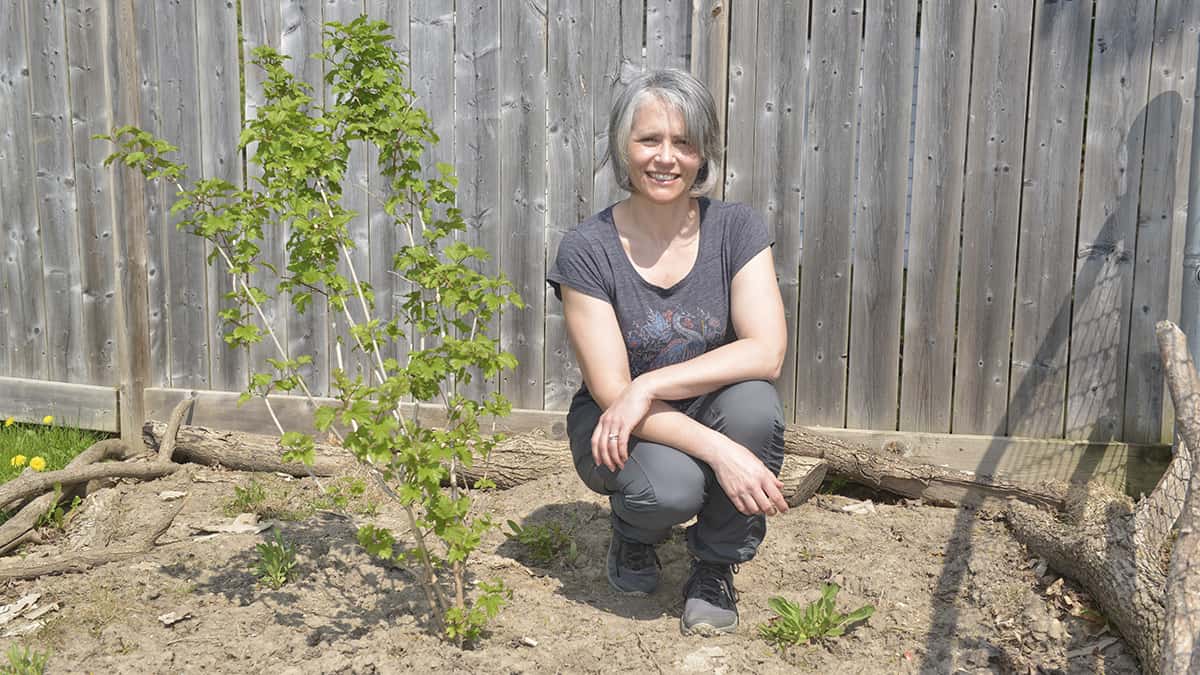When Paul Weber bought the Commercial Tavern in Maryhill in 1996, it was a homecoming in more than one way: He was putting down roots after two decades on the road, and returning traditional country music to the same stage he’d played as a young man.
Now, 25 years later, he’s looking at perhaps the next chapter, having done what he’d long maintained wasn’t possible by putting the historic property up for sale.
Between some health issues and some struggles keeping the place going as a live-music venue, Weber and his wife Donna were already looking at other options. Then along came the pandemic, and there was plenty of time – and many more reasons – to consider selling the place.
A lockdown in March of last year just stretched on and on, with Weber opting not to reopen when the regulations permitted it.
“I just wasn’t comfortable with that responsibility and the liability, in that order,” he said, noting measures such as Plexiglas dividers were both an added expense and change to the character of the venue he wasn’t prepared to take on.
“I remember the night that I walked offstage, March 14, with the guys and my sister, somebody said, ‘well, it’s only 14 days.’ And I looked at them and I said, ‘Do you think that this will be 14 days? You better give your head a shake.’ They were already talking about the money that was going to go to the business, and I said they wouldn’t be offering that if they were just down for two weeks. It’s still hard to imagine,” said Weber of the first lockdown and the pandemic situation that’s lasted more than 14 months.
After that long, the pandemic measures have almost become the new normal, he added. It’s similar to the shift in his thinking about selling the property, which had a long history before he bought it, and which he expects will continue if and when he’s out of the picture.
The building dates back to 1854 when Louis Frank built the tavern and operated it until his son-in-law Charles Halter took over. The hotel had a saddlery, a dry-goods store, a shoe store, a bank, and a doctor’s office. The adjoining pool room was added in 1894 and hydro wasn’t installed until 1934.
The Halters passed down the bar through the family for about 100 years. In the 1960s and early ‘70s, it was owned by Weber’s uncle, Vic Diebold. As a teen, Weber and his family would play music there, up until one night when he was involved in a bar fight that saw him banned from the place.
“I was kicked out of the Commercial Tavern for life. And the joke goes that I had to buy the place to get back in, so when I did buy it, there were just good times,” he recalled with a laugh.
That purchase came in 1996 after Weber had spent the previous 22 years on the road as a touring musician.
The early years were great, he said, noting the business took a larger hit than some bars when the smoking bylaw came into effect in 2000. From that point, an aging audience for traditional country music meant fewer people making the trek to Maryhill.
In the last five or six years, the idea of selling started to creep in.
“That’s when I started having to realize that there’s a possibility I could lose it or I’d have to sell it. And the possibility of selling it almost made me physically ill – people won’t believe that, but it is true. And I couldn’t get my head around it. You know, for 15 or 20 years, I told people it’s just not for sale, and people really wanted to buy this bar for a lot of years. And finally, my brother told me a few years ago, he said, ‘You know what? You’ve got to quit saying it will never be for sale, because you eliminate a lot of possibilities.’”
So, now, the property is up for sale, with an asking price of $2.9 million. For that, a buyer gets a 7,700 square foot historic building on almost two acres of prime development land.
At that price, Weber said a quick sale is unlikely, and it’s only been on the market for a couple of weeks. Still, the idea of selling takes some getting used to.
“I’ve had to find the positives in it, just in case it happens. If we don’t sell, then we stay. I’ve spent the last probably 10 years with Plan A ‘survive at all costs’ and Plan B being we’ll sell if we have to. And now I realized last week that now Plan A is we’ll see if we can sell it and plan B is if we stay it will be survive at all costs.”
Weber said he’s got plenty to be thankful for, despite the hardships of the past couple of years, pointing to the people who made the operation possible all these years, a list that includes his wife Donna, all of the musicians who took to the stage and the audiences who came to watch them.
“I wouldn’t have lasted 25 years without all of you,” he said. “It’s been a heck of a ride, but I think it might be time to ‘get outta Dodge.’”









